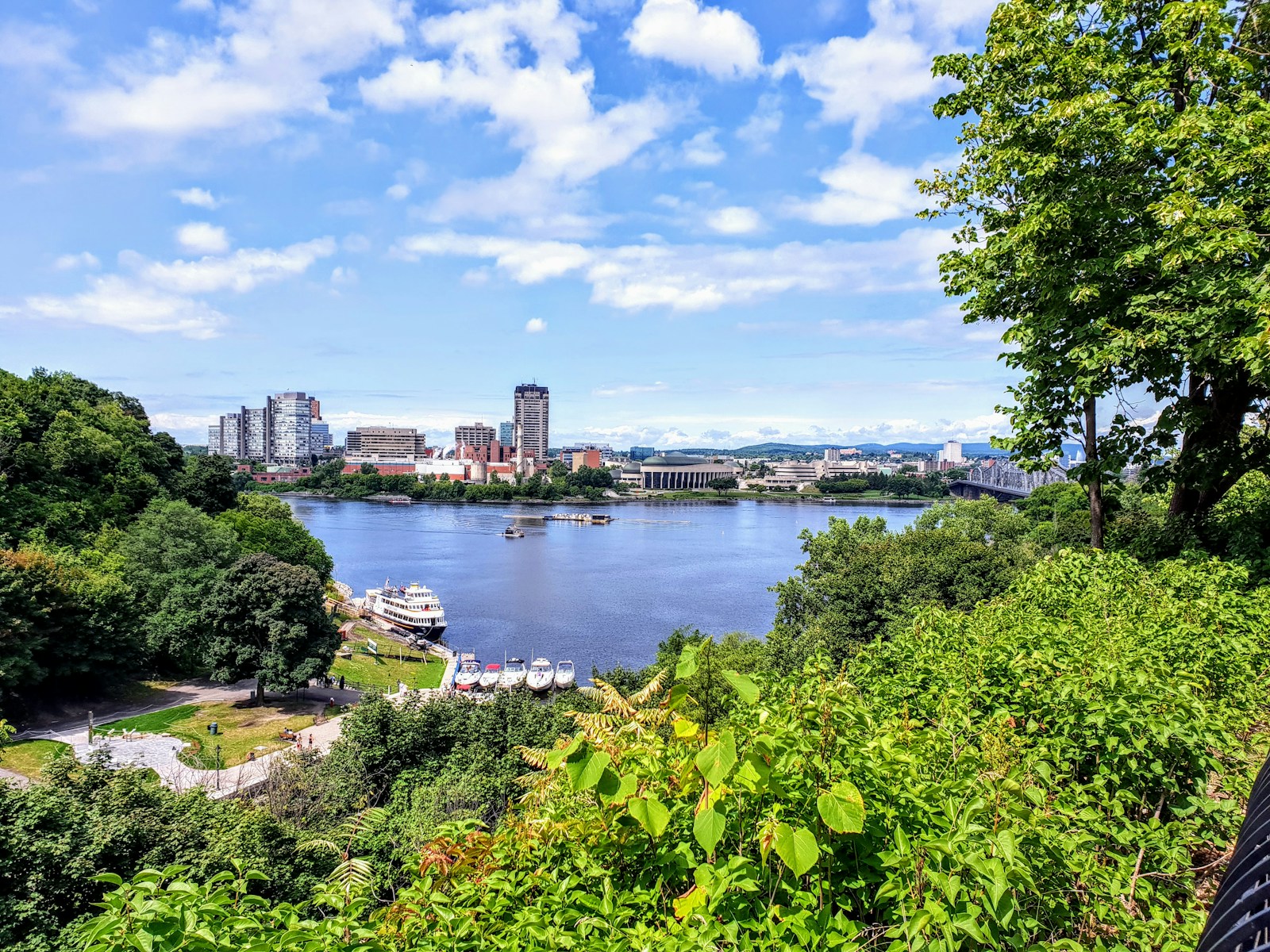Introduction – Why These Unexpected Costs Can Derail Your Budget
More Than the Down Payment
Buying your first home in Ottawa is exciting, but many first-time buyers focus solely on their down payment and mortgage—missing out on several critical, hidden costs that show up before or shortly after closing. These unplanned expenses can cause budget strain, especially in a market where housing affordability is already tight.
Why Ottawa Buyers Are Often Caught Off-Guard
Ottawa’s real estate market, while more stable than Toronto or Vancouver, comes with its own financial quirks—unique taxes, closing adjustments, and new build fees. Whether you’re buying a downtown condo or a Barrhaven townhouse, knowing the full financial picture is essential.
1. Land Transfer Tax in Ontario (and Why It’s a Big Deal)
How It’s Calculated
In Ontario, buyers pay a Land Transfer Tax (LTT) based on the purchase price of their home. For a $550,000 home in Ottawa, expect to pay roughly $7,475 in LTT.
First-Time Buyer Rebates Explained
Luckily, first-time buyers may qualify for a rebate up to $4,000—but it won’t cover the entire tax on higher-priced homes. Check your eligibility with your lawyer or mortgage broker.
2. Legal Fees and Title Insurance
What Real Estate Lawyers Charge
Hiring a real estate lawyer is mandatory in Ontario. Legal fees typically range from $1,200–$2,000, depending on the complexity of the transaction.
Mandatory Costs Most Don’t Budget For
Your lawyer will also charge disbursements and title insurance—an extra $300–$600—to protect your ownership rights and process land registry documentation.
3. Home Inspection and Appraisal Costs
What Each Service Covers
Home inspections (around $450–$600) uncover issues with electrical systems, roofs, foundations, and plumbing.
Appraisals (often required by lenders, costing $300–$500) determine the fair market value of your future home.
Why Both Are Worth the Price
Skipping these services may lead to surprise repairs or a mortgage denial—both of which are much costlier than the upfront fees.
4. CMHC Insurance for Low Down Payments
When It Applies
If your down payment is less than 20%, Canada Mortgage and Housing Corporation (CMHC) requires you to buy default insurance.
How Much It Really Adds to Your Mortgage
This premium ranges from 2.8% to 4% of your mortgage and is added to your total loan amount. That’s $10,000–$18,000+ on a $500K home with 5% down.
5. Adjustments at Closing (Prepaid Expenses & Taxes)
What Buyers Reimburse
You may need to pay back the seller for items they’ve prepaid, such as:
Property taxes
Condo fees
Utilities
Examples of Common Adjustments
If the seller paid annual taxes in January but you’re moving in July, you’ll owe half the year’s tax at closing—often $1,000–$2,500+.
6. Moving Expenses and Utility Connections
Typical Costs in Ottawa
Hiring professional movers? Expect to spend $1,000–$2,500 depending on distance and volume. DIY moving still adds up with truck rental, boxes, and equipment.
Setup Fees You Shouldn’t Overlook
Hydro Ottawa, Enbridge (gas), Bell/Rogers (internet/TV), and water services often charge activation or transfer fees of $50–$100 each.
7. Ongoing Monthly Costs After You Move In
Property Taxes, Insurance, and Maintenance
Property taxes: ~$4,000–$6,000/year in Ottawa depending on your neighborhood.
Home insurance: ~$60–$150/month.
Routine maintenance: Budget 1% of home value annually.
Unexpected Repairs and Reserve Funds
New owners often face early surprises—roof leaks, appliance breakdowns, or condo special assessments. A healthy emergency fund of $5,000–$10,000 is smart insurance.
How to Prepare for the Hidden Costs of Homeownership
Build a Realistic Budget
Use a homebuying calculator and plug in ALL costs—not just the mortgage. This includes legal fees, insurance, utilities, taxes, and moving.
Add a Safety Buffer
Set aside 3–6 months of household expenses in savings, especially if you’re buying with less than 20% down or purchasing an older home.
Frequently Asked Questions
Q1: Can I avoid land transfer tax?
Only if you’re a first-time buyer and qualify for the full rebate.
Q2: Are legal fees fixed?
They vary by firm. Always ask for a quote that includes disbursements and title insurance.
Q3: What’s included in inspection costs?
A typical inspection covers structural, roofing, plumbing, HVAC, and electrical systems.
Q4: Can CMHC premiums be waived?
No—but if you put 20% or more down, it’s not required at all.
Q5: Should I move myself or hire a company?
DIY can be cheaper, but hiring movers saves time and reduces risk of damage or injury.
Q6: What’s a healthy emergency fund for new buyers?
Aim for $5,000–$10,000 minimum for repairs, delays, or life surprises.
Conclusion – Plan Ahead to Buy With Confidence
Homeownership is a milestone—but it comes with more financial responsibility than many buyers expect. By planning for these hidden costs upfront, you’ll avoid surprises, reduce stress, and make your Ottawa homebuying journey smoother. The best buyers aren’t just excited—they’re prepared.


